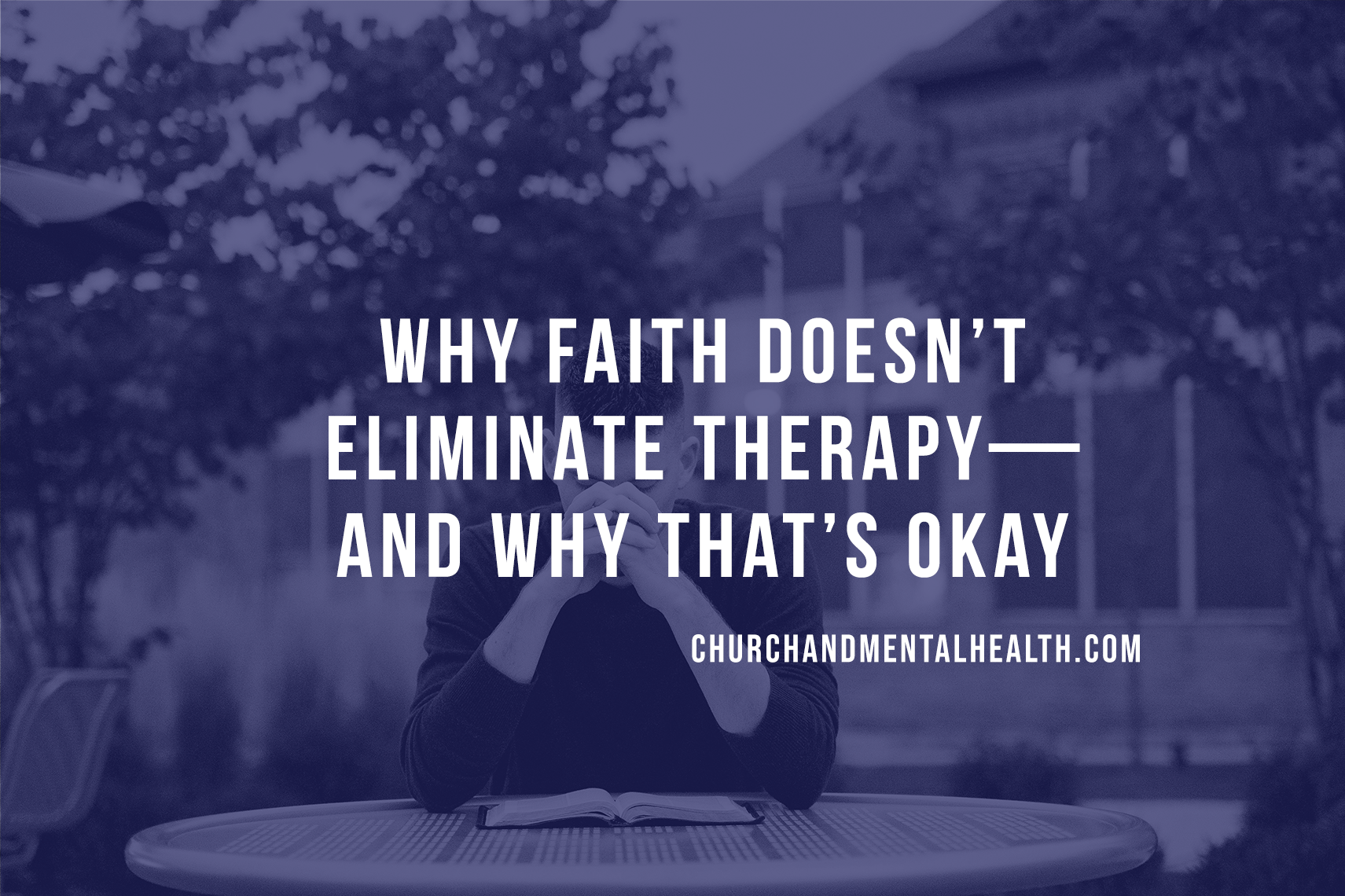For many Christians, faith is the cornerstone of life—our anchor in the storm, our source of peace, and our hope for healing. So when emotional struggles arise, some may wonder: “Shouldn’t my faith be enough?” It’s a well-meaning question, but one that can unintentionally add guilt and confusion to an already difficult experience.
The truth is this: faith and therapy are not enemies. In fact, they can be powerful partners in the journey toward mental and emotional wholeness.
The Misconception: “If I Trust God, I Shouldn’t Need Therapy”
Some believers have been taught—explicitly or implicitly—that seeking professional help for mental health issues is a sign of weak faith. That if we really trusted God, prayed enough, or read the Bible more, we wouldn’t be struggling with anxiety, depression, or trauma.
But this idea is both theologically and psychologically harmful. God never promised that we wouldn’t face hardship. In fact, Scripture assures us that trials are part of the human experience (John 16:33). What God does promise is His presence and provision through those hardships—and sometimes, that provision comes in the form of a therapist.
Jesus and the Ministry of Presence
Throughout the Gospels, Jesus models deep compassion, presence, and attentive listening. He asked questions (Mark 10:51), wept with the grieving (John 11:35), and addressed people’s emotional and spiritual needs in tandem. Therapy, at its best, mirrors this kind of compassionate attention. It creates a space where people feel seen, heard, and safe.
Therapists, especially those who integrate Christian values, can walk alongside individuals in a way that honors both emotional healing and spiritual growth.
The Bible Acknowledges Mental and Emotional Struggles
David cried out in anguish in the Psalms. Elijah was so discouraged he asked God to take his life (1 Kings 19:4). Paul admitted to despairing of life itself (2 Corinthians 1:8). These aren’t signs of weak faith—they’re signs of being human.
When the Church promotes the idea that “prayer should be enough,” we inadvertently shame those who need additional support. Faith doesn’t always remove the burden—it often gives us the strength to face it, sometimes with the help of others.
Therapy Honors God’s Design for Healing
God designed us as physical, emotional, mental, and spiritual beings. Each of these dimensions deserves care. Therapy can provide tools to manage anxiety, process trauma, heal from abuse, or navigate grief—all within the broader context of spiritual wellness.
Many Christian counselors incorporate Scripture, prayer, and biblical principles into sessions, creating a therapeutic environment that strengthens faith rather than replaces it.
Therapy: A Tool, Not a Replacement
Therapy is not a substitute for God; it’s a tool that God can use. Much like medicine for the body, therapy helps us care for the mind and heart. James 1:17 reminds us that “every good and perfect gift is from above.” If we believe that includes doctors and medication, then it can also include counselors, psychologists, and clinical tools rooted in truth and compassion.
Working with a Christian counselor, or one who respects your beliefs, can create a space where your spiritual and mental health are nurtured together—not in competition, but in collaboration.
A Healthy Church Embraces Both
Imagine a church where people feel just as free to say “I’m starting therapy” as they are to say “I’m starting a new Bible study.” That kind of culture affirms the truth that God uses many ways to bring healing.
Therapy doesn’t replace faith—it works alongside it. And that’s not only okay—it’s healthy, wise, and biblical.
Faith Is Not Fragile
Choosing therapy doesn’t mean your faith is failing. It means you’re choosing healing, growth, and wisdom. It means you trust God enough to pursue the tools He’s made available. It means you recognize that mental health, like physical health, sometimes needs professional care.
God is not threatened by your need for therapy. He walks with you into that counselor’s office, sits with you in the hard conversations, and rejoices with every step you take toward healing.
Grace Upon Grace
If you’ve ever felt ashamed for needing therapy as a person of faith, let this be a gentle reminder: you are not less spiritual because you’re struggling. You are human. And God’s grace is sufficient—for your soul, your body, and your mind.
Faith doesn’t eliminate the need for therapy—and that’s okay. In fact, it’s often in the integration of both that we experience the deepest transformation.
